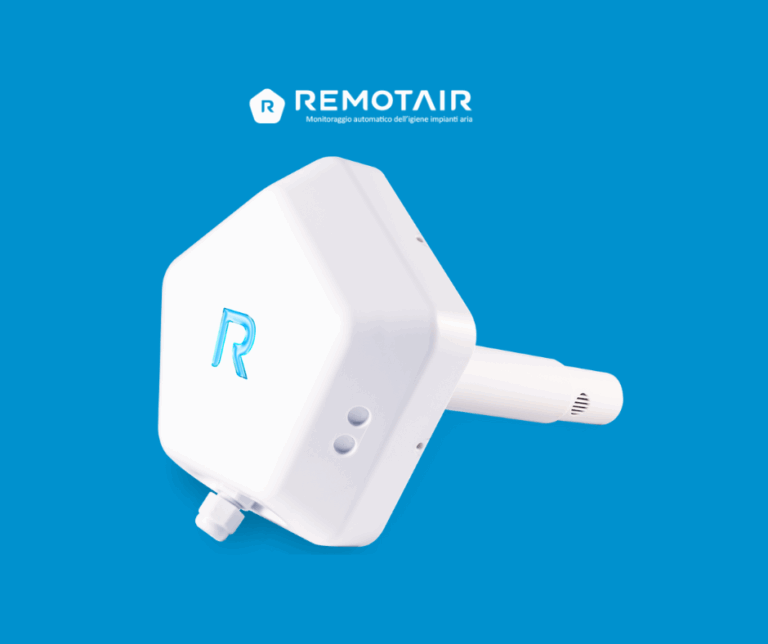At the recent FM Day event organised by SFMA (Sudanese Facilities Management Association), industry leaders came together to discuss critical challenges in facility management, focusing particularly on indoor air quality and HVAC system efficiency and the innovative solution given by smart monitoring. Remotair was among the speakers, presenting innovative solutions that are transforming our approach to building maintenance and occupant health.
The growing challenge of Indoor Air Quality
Modern buildings face increasing challenges with air contamination, given that people spend up to 90% of their time indoors. While outdoor pollution is visible and measurable, indoor air quality issues often remain hidden until they affect the health and productivity of building occupants. HVAC systems are designed to provide clean, comfortable air, but can paradoxically become sources of contamination if they are not properly monitored and maintained.
The problem extends beyond simple dust accumulation. Chemical pollutants, including volatile organic compounds and particulate matter, combine with microbiological contaminants such as bacteria, viruses, and mold to create complex indoor air quality issues. Environmental factors such as dust storms can dramatically worsen these conditions, rendering traditional filtration systems ineffective.
From reactive to predictive: a new approach
Traditional HVAC maintenance relies on periodic inspections and reactive cleaning protocols. However, this approach has significant limitations: contamination can develop between inspection cycles, and problems may already have compromised occupant health by the time they are detected.
The solution lies in revolutionizing air quality management and HVAC efficiency with smart monitoring technologies. These advanced systems represent a fundamental shift towards continuous, automated surveillance that can detect issues before they become critical.
The business case for smart HVAC management
As well as improving health, smart monitoring delivers measurable business value in the form of reduced maintenance costs, improved energy efficiency and increased occupant productivity. Organizations that implement these technologies report fewer incidents of sick building syndrome and better overall indoor environmental quality.
Benefits for FM: smart monitoring solution
Facility managers who adopt smart HVAC monitoring experience transformative operational improvements. Predictive maintenance scheduling eliminates guesswork, enabling teams to service equipment only when necessary, rather than adhering to arbitrary schedules. This approach significantly reduces costs while extending equipment lifespan through the early detection of contamination.
The financial impact extends beyond maintenance savings. Energy efficiency improvements result from maintaining optimal system cleanliness, while reduced absenteeism among occupants and increased productivity create measurable value. Facility managers also gain a competitive advantage by providing superior indoor environments and being able to demonstrate compliance with evolving air quality regulations thanks to comprehensive automated documentation.
As demonstrated at events such as FM Day, the future of facility management lies in embracing smart monitoring solutions such as Remotair that protect both occupant health and operational efficiency.





